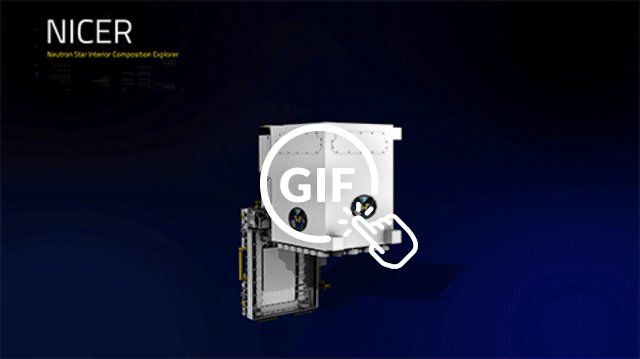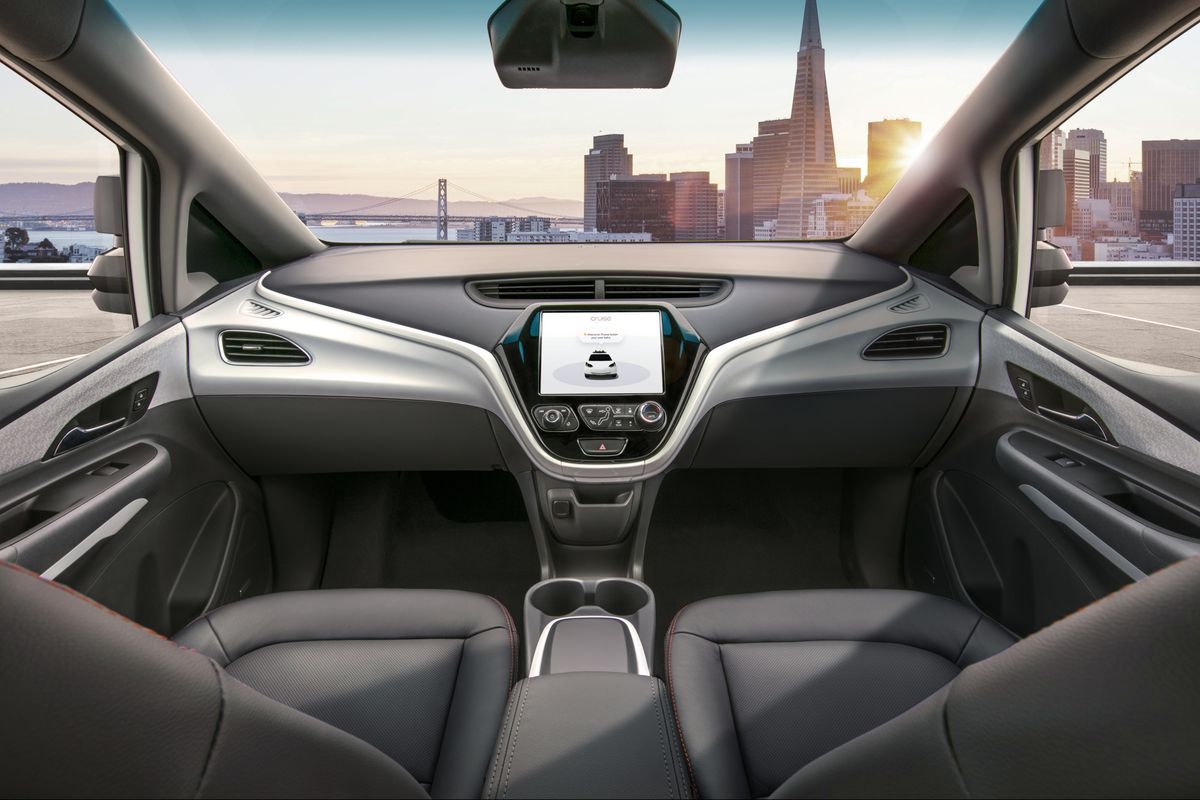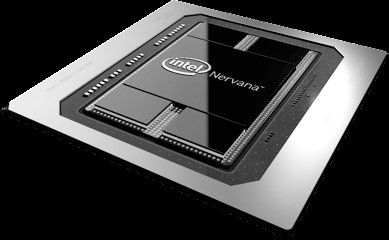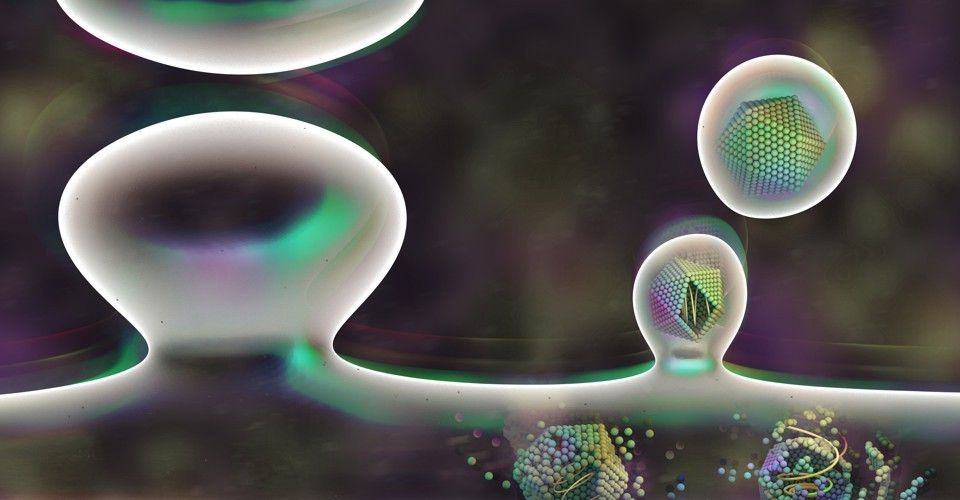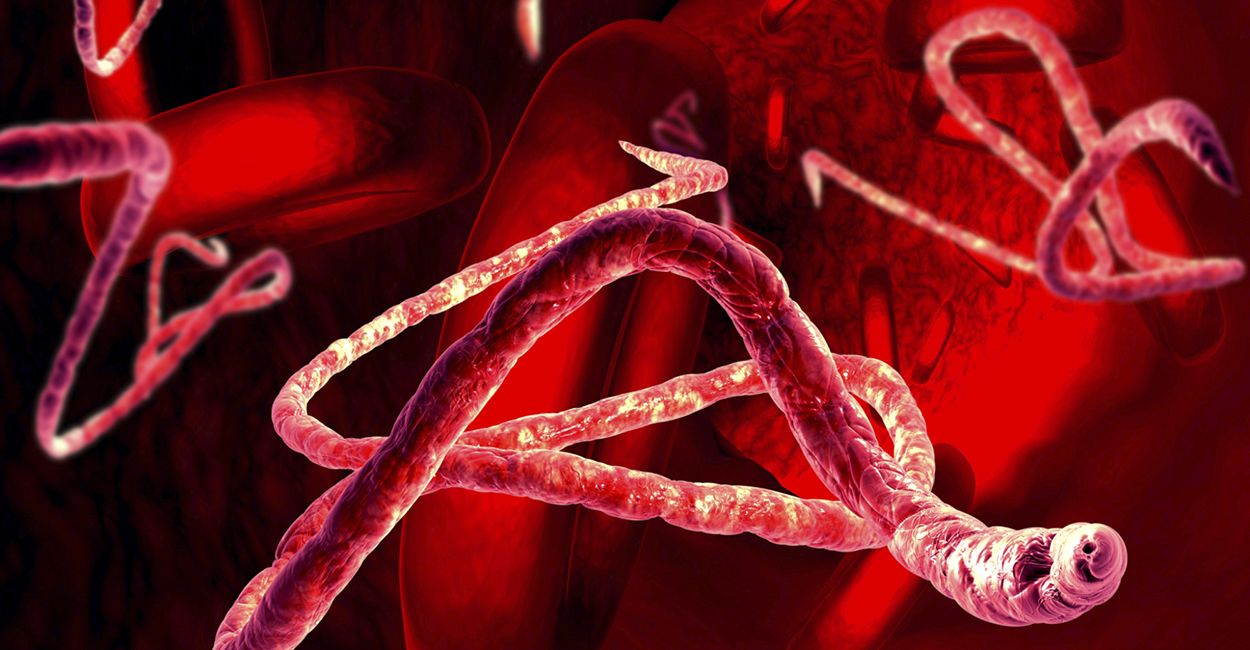Hundreds of millions of years ago, at a time when back-boned animals were just starting to crawl onto land, one such creature became infected by a virus. It was a retrovirus, capable of smuggling its genes into the DNA of its host. And as sometimes happens, those genes stayed put. They were passed on to the animal’s children and grandchildren. And as these viral genes cascaded through the generations, they changed, transforming from mere stowaways into important parts of their host’s biology.
One such gene is called Arc. It’s active in neurons, and plays a vital role in the brain. A mouse that’s born without Arc can’t learn or form new long-term memories. If it finds some cheese in a maze, it will have completely forgotten the right route the next day. “They can’t seem to respond or adapt to changes in their environment,” says Jason Shepherd from the University of Utah, who has been studying Arc for years. “Arc is really key to transducing the information from those experiences into changes in the brain.”


